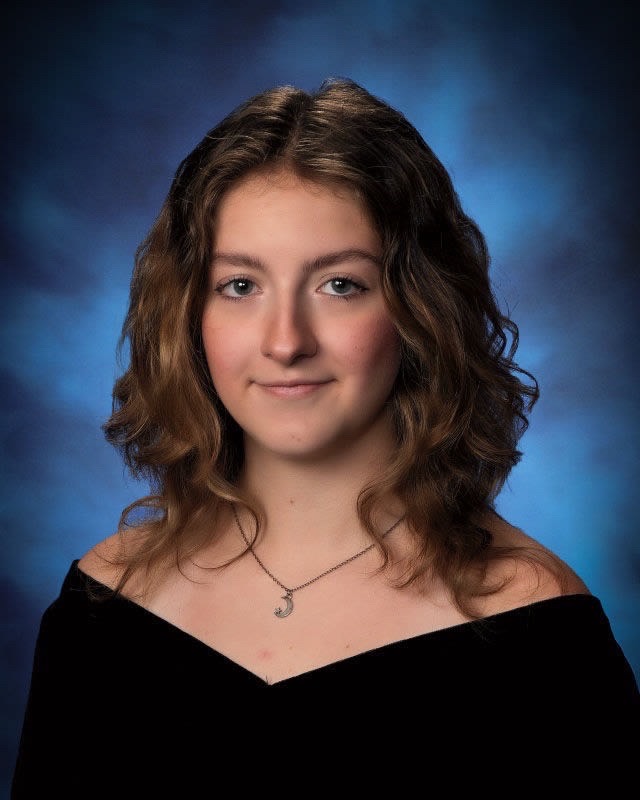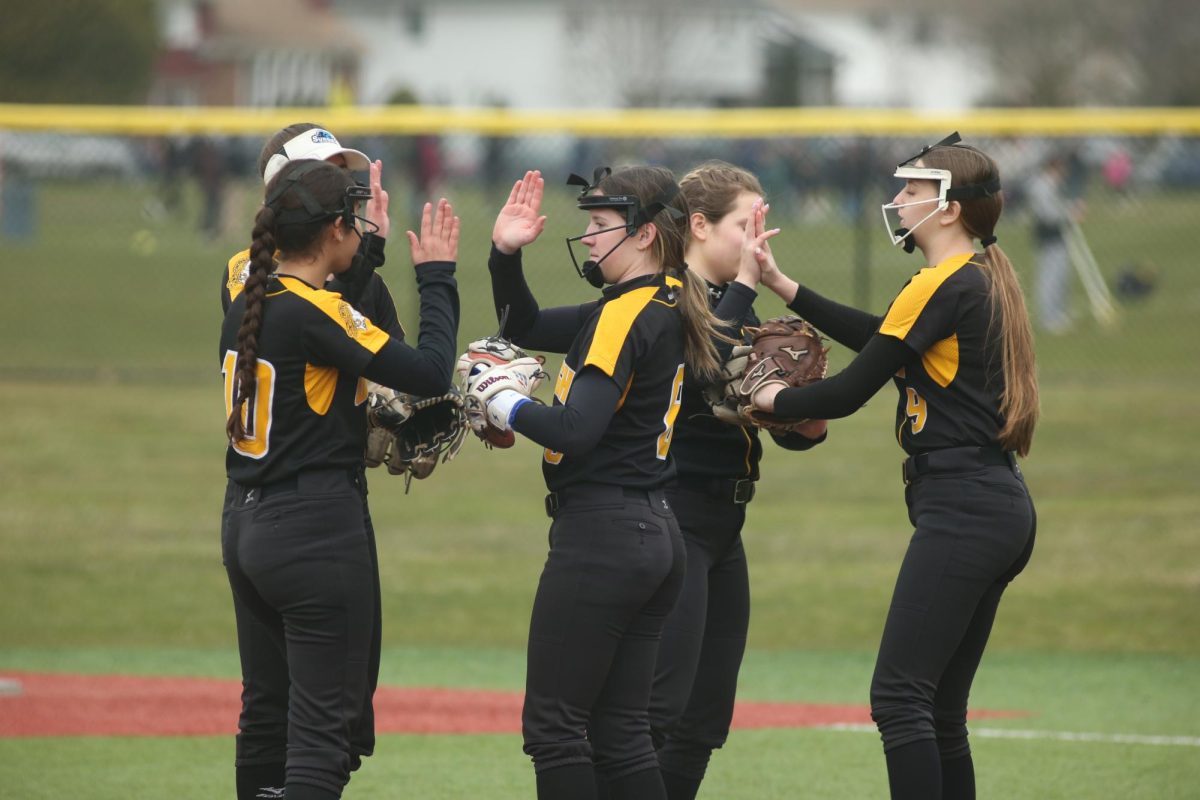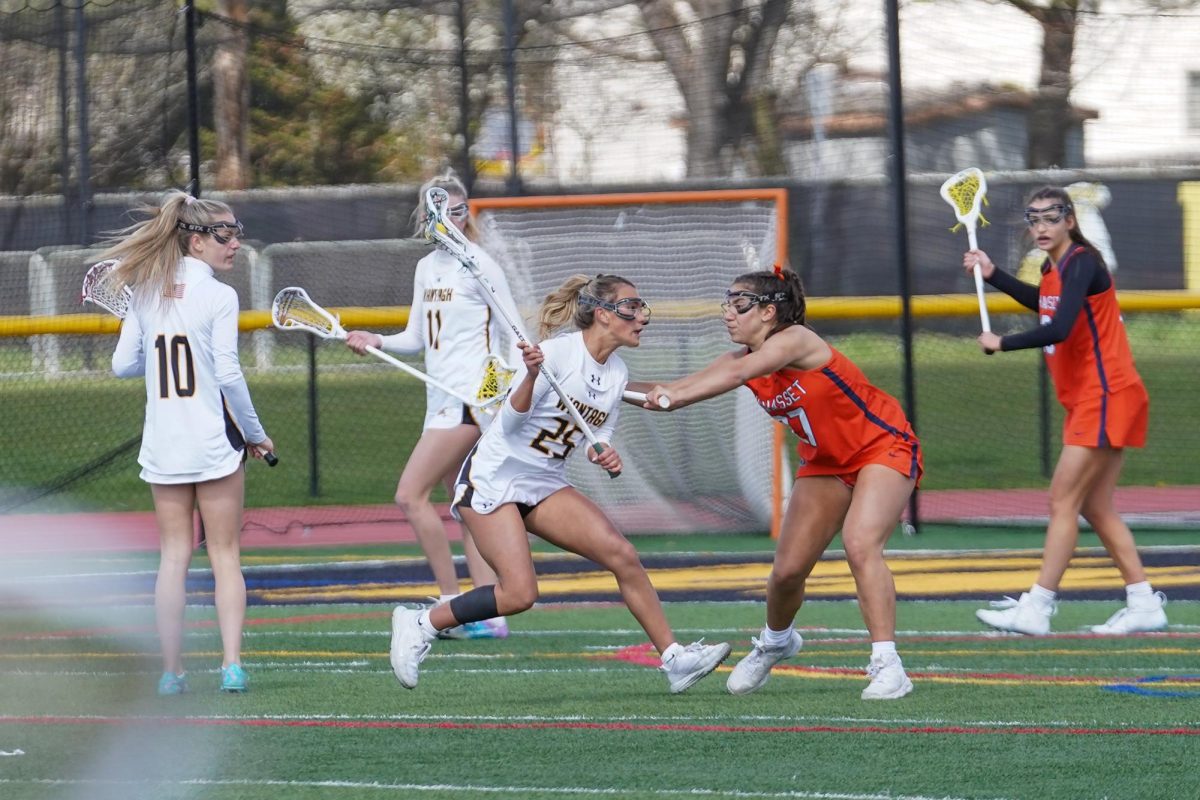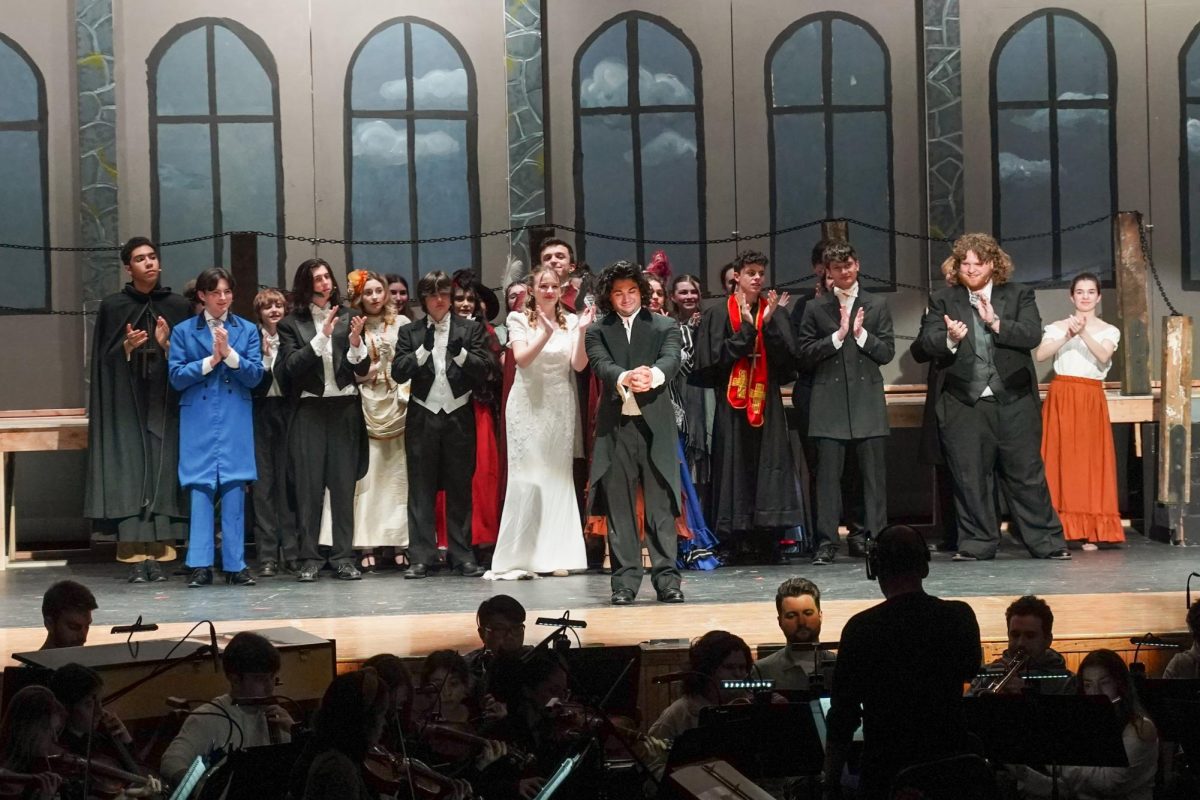Young adult fiction serves the purpose of introducing readers ages 12 to 18 to topics like relationships, sexuality, gender identity and issues such as drug and alcohol usage, serious conflict, and loss in a way that is suitable for those just coming into their adolescence and those about to leave it. The young adult genre is a wonderful resource for teaching minors hard lessons within a sphere they understand, but it is all too common to see adolescents reading the latest popular adult fiction and skipping straight from children’s young reader books to full fledged novels containing mature content and themes.
Social media, specifically TikTok and Instagram, has introduced the world of reading to more and more young people and as a direct result, an over saturation of mature themes and content has made its way onto the list of fiction commonly recommended to readers in the young adult demographic. Because of this, young people are being introduced earlier and earlier to mature adult themes and content without the precursor of young adult or even young reader books designed to demonstrate healthy examples of the above topics and teach morals around the experiences of the protagonists, typically ages 13 to 17. This epidemic goes hand in hand with the unrestricted access to the internet that many children and young adults are privileged with.
While a desire to read is refreshing to see in young people, the amount of adult content, especially sexual, slipping through the cracks and falling into the hands of children is becoming extremely common and potentially, very dangerous. Protect Kids Online, a government FTC consumer advice resource, says that early exposure to sexual adult content like that in adult romance and general fiction “creates confusing expectations, attitudes and beliefs about what to expect in a healthy sexual interaction.” This is also true for stories involving drug and alcohol use and reckless actions where it is believed that the children consuming the media will be desensitized to the dangers of high-risk behavior and look to replicate the actions they’ve read as they get older to make sense of experiences they don’t understand. These same worries can be seen in the exposure of film, television, video games, and other online content viewed by those below the rating restrictions.
Of course, personal maturity or natural curiosity can play a role in the media consumed by the youth, but the widespread ignorance of influencers, publishers, authors and even readers shows that now, more than ever, there should be a focus on separating books between young and new adult or a separation of literature by age range within genres aimed towards adolescents.
A stricter classification system within genres and due diligence by influencers, readers and parents are relatively easy fixes to the problem of the exposure of kids to mature content and would allow readers to branch out within the young adult genre without being overexposed to age inappropriate content.














